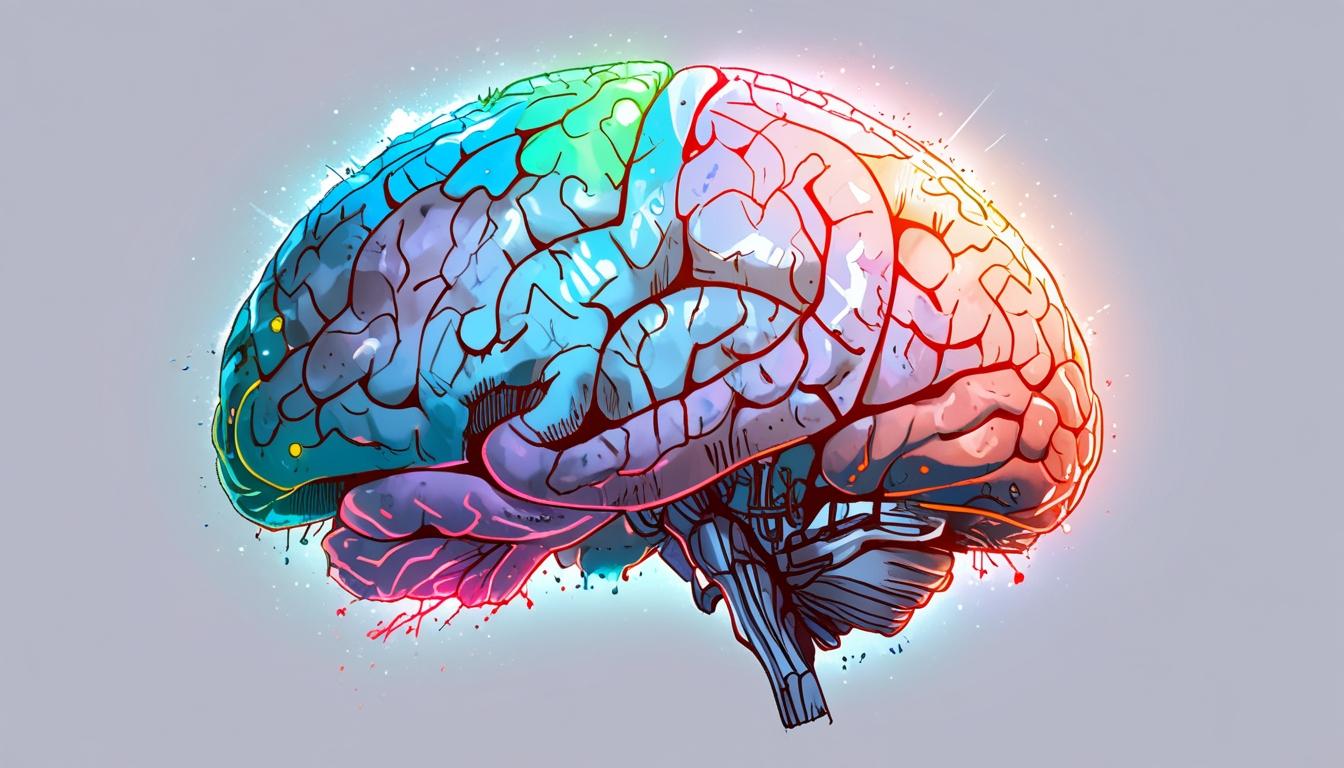An emerging alliance between Silicon Valley technology entrepreneurs and the US governing party under Donald Trump has brought renewed focus on intelligence quotient (IQ) as a prominent socio-political concept. However, there exists a paradox at the heart of this coalition’s agenda, given the increasing primacy of artificial intelligence (AI) in the nation’s future economy.
Historically, IQ testing emerged in the early 20th century as a measure to address public health concerns and social stratification during mass industrialisation. Its initial role was to identify individuals suited for leadership and to promote social mobility via educational achievement. By the late 20th century, the concept of IQ regained prominence, especially in the 1990s through works like Charles Murray and Richard Herrnstein’s controversial book "The Bell Curve." This period also saw the rise of gifted programmes in the US designed to nurture high-IQ youths for future leadership and innovation roles.
One notable figure within this milieu is Curtis Yarvin, a software engineer and political theorist who was part of the prestigious Center for Talented Youth during his youth. Yarvin, who has influenced some conservative thinkers such as Vice-President JD Vance, has long advocated for IQ as a fundamental measure of individual worth and societal organisation. His philosophy intersects with the ideology known as the “Dark Enlightenment” or “neo-reaction,” which proposes using IQ tests as criteria for political enfranchisement, particularly in contexts such as post-apartheid South Africa.
The fixation on IQ parallels longstanding beliefs within Silicon Valley, where expertise in coding and symbolic manipulation leads to valuing cognitive abilities aligned with logical processing and memory—the capacities IQ tests are designed to measure. This belief is rooted in history: William Shockley, a transistor pioneer, infamously proposed financial incentives for sterilisation of individuals with below-average IQs. Influential figures such as tech billionaire Peter Thiel have echoed similar sentiments, criticising perceived intellectual deficiencies in political leadership.
The alliance between the technocratic right and conservative political forces in Washington has reinforced the view that intelligence is predominantly innate and resistant to state-led educational interventions. This notion contrasts sharply with the US Department of Education's founding principle in 1980, which emphasized early intervention to enhance brain development and achieve equitable educational outcomes nationwide. Currently, this department faces dismantling, driven by initiatives such as Elon Musk’s “department of government efficiency,” with former World Wrestling Entertainment executive Linda McMahon tasked with this overhaul.
Despite this ideological investment in fixed IQ as a metric, the coalition's economic strategy centres on revolutionary advancements in artificial intelligence. Projects such as the White House’s $500 billion Stargate initiative signal a decisive pivot toward AI-driven economic growth. Generative AI technologies, exemplified by tools like ChatGPT, promise to automate complex white-collar tasks traditionally reserved for highly educated knowledge workers. These applications have demonstrated capabilities to outpace human experts in coding, scientific discovery, and administrative tasks, thereby shifting the basis of workplace merit altogether.
This shift poses a critical contradiction: if AI increasingly supplants the cognitive tasks that made IQ a lever of social and economic mobility, the value attributed to IQ itself may decline. Elon Musk has underscored this by admitting, “we are all extremely dumb” compared with the “digital super intelligence” his ventures aim to develop. Venture capitalist Marc Andreessen’s observation that “software was eating the world” encapsulates this transformative trend, which threatens to upend entrenched beliefs about intelligence and merit rooted in human cognitive aptitude.
Thus, the coalition’s embrace of rigid views on IQ coexists uneasily with their ambitious investment in AI technologies that may render traditional intelligence distinctions less relevant. This dynamic illustrates the complex interplay of ideology, technology, and economic strategy shaping contemporary US policy discussions on intelligence and the future workforce.
Source: Noah Wire Services
